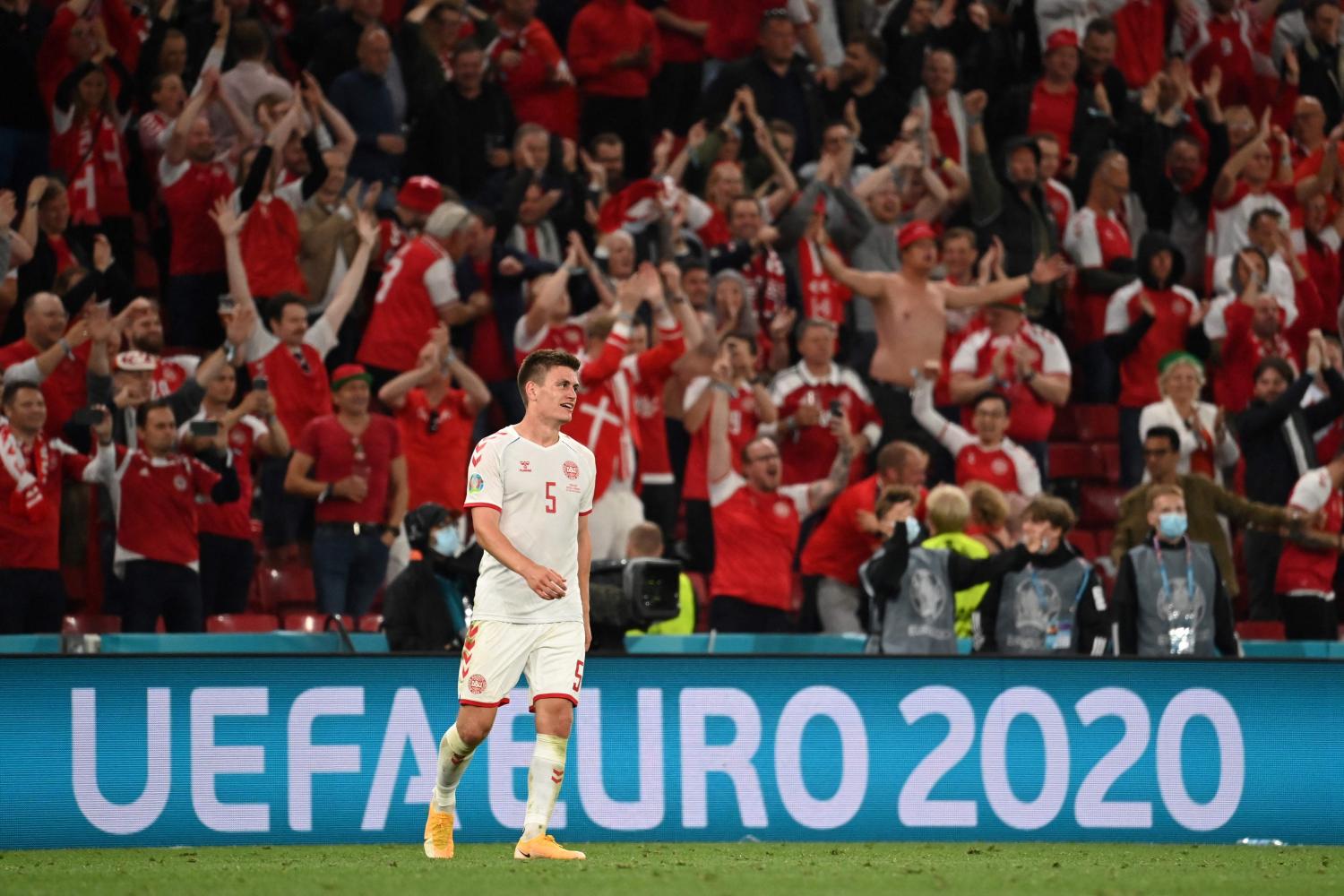
Spending during the ongoing 2020 European Football Championship, or simply Euro 2020, is forecast to stay tepid as the continued Covid outbreak has sapped consumer purchasing power.
According to the latest survey by the University of the Thai Chamber of Commerce (UTCC), Thais are expected to spend less during Euro 2020, which is scheduled to run until July 11.
UTCC president Thanavath Phonvichai said overall spending during Euro 2020 is estimated at 62.4 billion baht, the lowest in 10 years, and down by 18.4% from the previous tournament held in 2016.
Of the total spending, 15.2 billion baht is estimated to stem from purchases of electrical appliances and devices to watch the matches, as well as food.
The remainder comes from informal spending, mainly on gambling, with online gambling accounting for the majority of the spending.
The spending on gambling is aimed primarily at rewards, not for fun, he said.
Despite lower anticipated spending during the tournament, Mr Thanavath said such spending should raise the economy by 0.1 percentage points.
He said the UTCC forecasts economic growth at 2% this year, citing a recovery in public confidence if the government succeeds in its mass vaccination scheme and fully reopening the country by mid-October, as pledged by Prime Minister Prayut Chan-o-cha on June 16.
According to Mr Thanavath, the UTCC is scheduled to evaluate the government's latest stimulus measures including the co-payment subsidy scheme after July.
"We first have to wait for the outcome of monetary injections under the stimulus measures into the economy," he said.
"But as a rough estimate, we see the co-payment subsidy scheme, worth only 3 billion baht, as insufficient to lead to a recovery in the third quarter. Moreover, people feel lukewarm about the 'Ying Chai Ying Dai' [the more you spend, the more you get] e-voucher cashback scheme."
The Ying Chai Ying Dai scheme, which won the cabinet's approval in principle on May 5, offers the right to gain cashback e-vouchers for domestic purchases, encouraging people to buy food, products and services at participating shops through Krungthai Bank's Pao Tang mobile banking app.
The Finance Ministry opened registration for the scheme on Monday, aiming at a maximum of 4 million registrants.
The scheme focuses on the middle class and high-income earners, aiming to increase purchasing power.
The Ying Chai Ying Dai scheme, costing 28 billion baht, is funded by the 1-trillion-baht emergency loan.